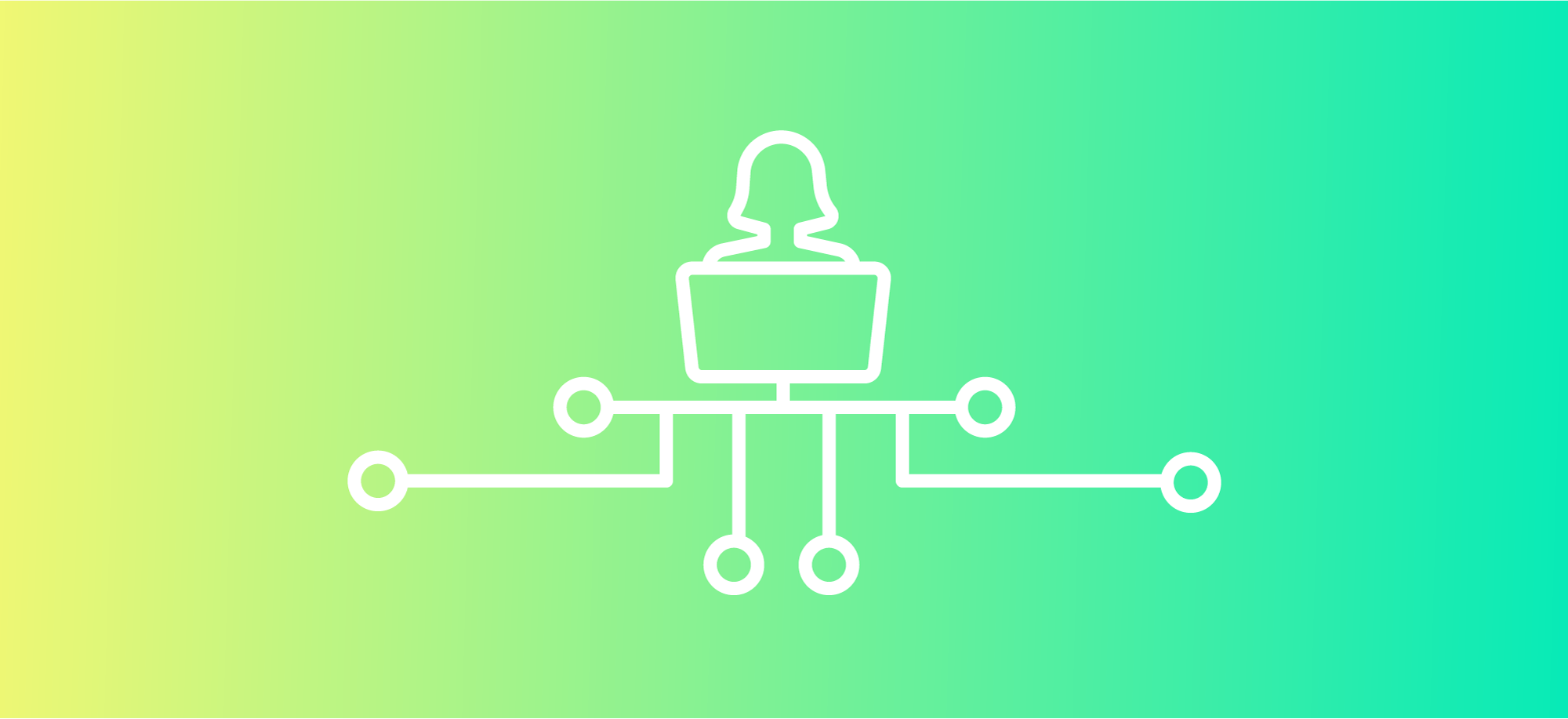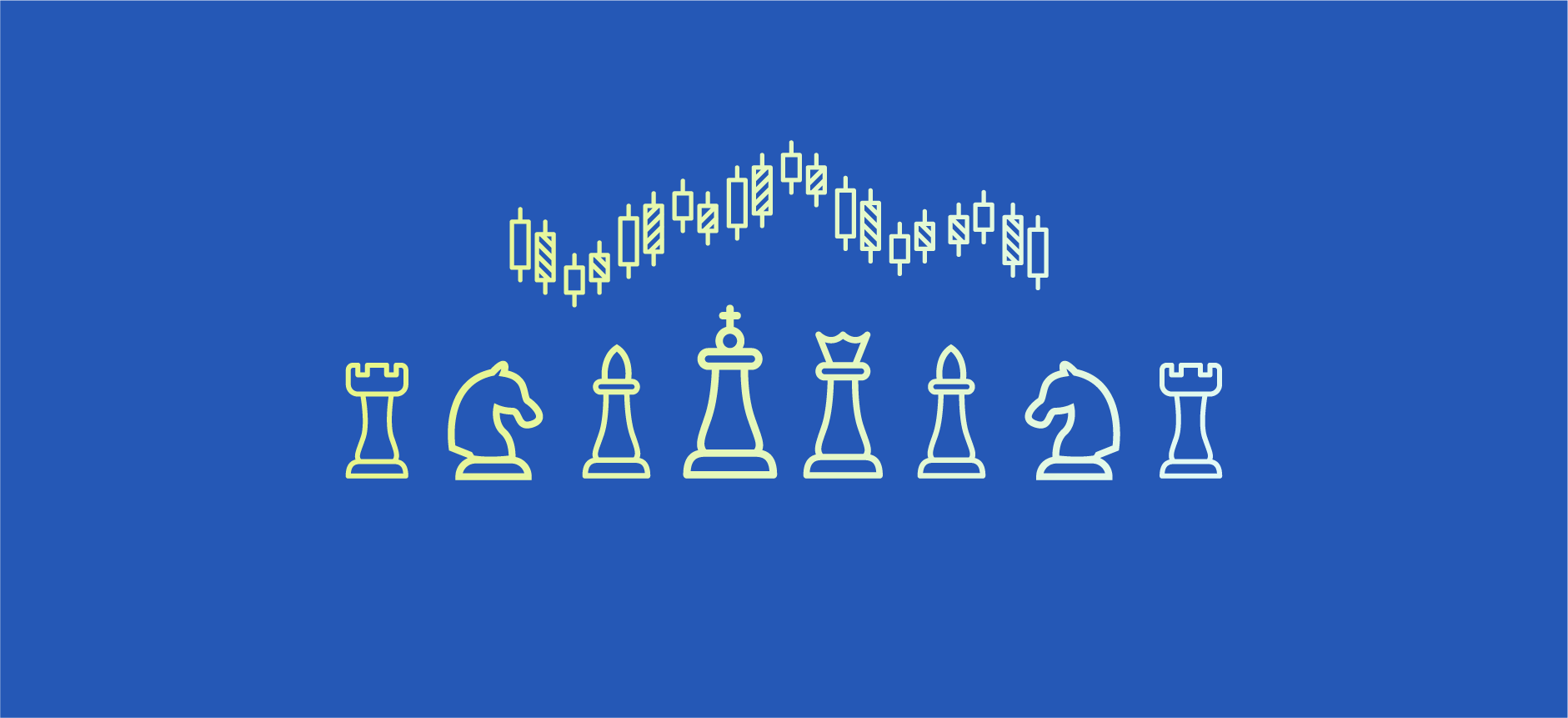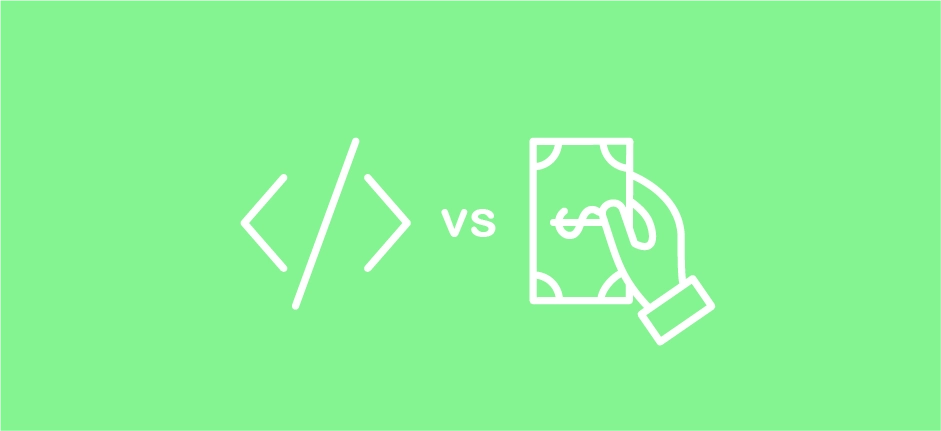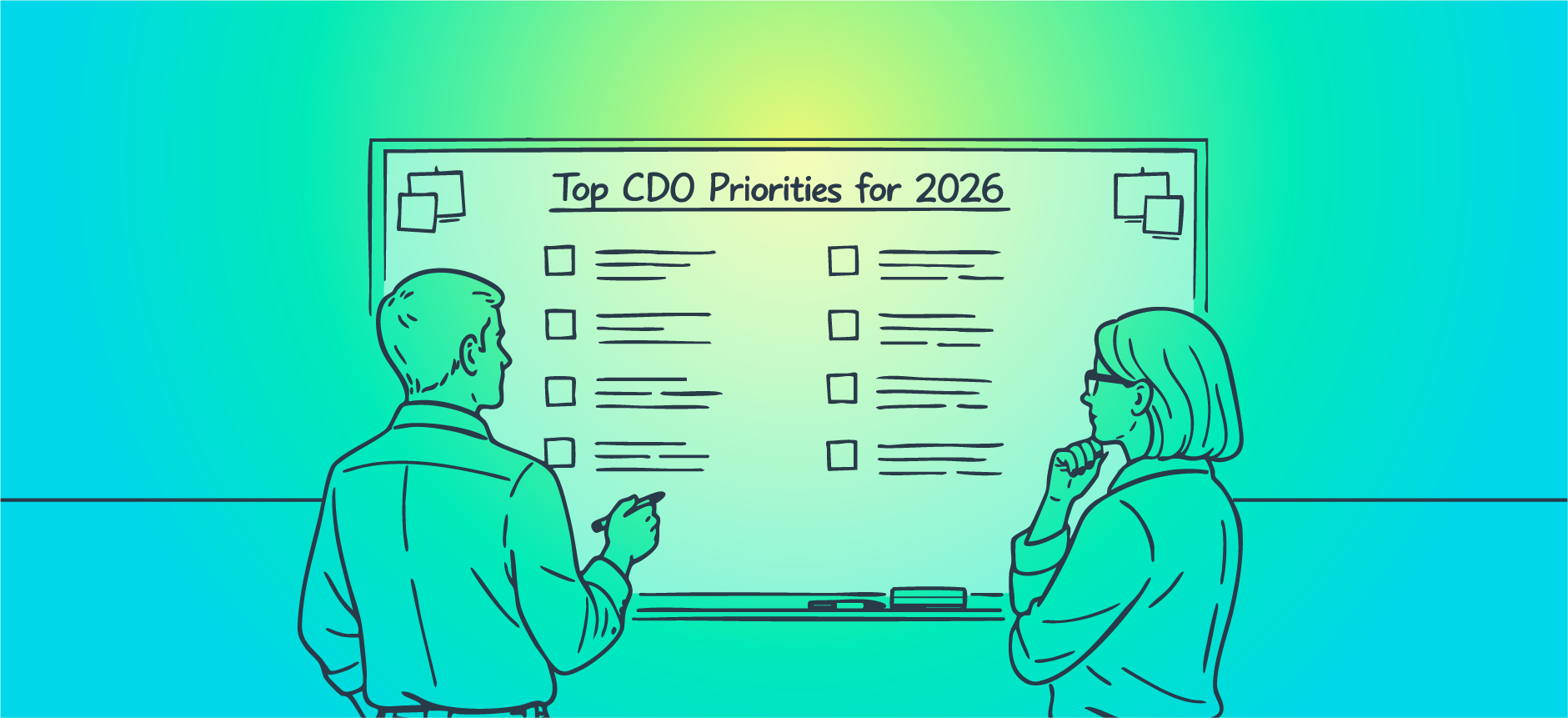What Does a Chief Data Officer Do?

Editor’s Note: This post was originally published in April 2023. We’ve updated the content to reflect the latest information and best practices so you can stay up to date with the most relevant insights on the topic.
According to the 2026 AI & Data Leadership Executive Benchmark Survey, 90% of respondents said their organizations employ a chief data officer (CDO) today, up from a mere 12% in 2012. But as the role of the CDO continues to become a mainstay in the C-suite of modern businesses, much debate remains around what, exactly, the role entails. And with AI adoption on the rise, the responsibilities of a CDO continue to spark debate.
What is a Chief Data Officer?
First things first: What is a chief data officer? A chief data officer plays many roles within an organization. They include:
- Strategist, responsible for developing the data and AI strategy for the organization.
- Evangelist, preaching the good word of how data drives value and better decision-making and operations.
- Technologist, architecting the right set of tools and technologies needed to drive value from data.
- Changemaker, advocating for why their organization needs to change its mindset, processes, and technologies to support a data- and AI-driven culture.
- Communicator, influencing the organization to realize the value of data and AI and use them to drive better decisions, fuel innovation, enable growth, and enhance customer experiences.
Responsibilities of a CDO
Chief data officers can have a myriad of responsibilities, and they often look a bit different company to company. In some organizations, CDOs—sometimes called chief data and analytics officers (CDAOs)—have a broad remit, reporting to the CEO and having full responsibility for all things data, analytics, and AI related. In other organizations, they split responsibilities with a chief analytics officer (CAO), where the CDO manages the data and data-related technologies such as cloud storage, master data management (MDM), and data governance solutions, and the CAO assumes responsibility for reporting and analytics, as well as the business intelligence (BI) and related tools that support them. And still other organizations are separating data and AI by embracing an emerging role, the chief AI officer (CAIO), which may—or may not—report to the CDO. Regardless of the structure of the organization, CDOs generally take responsibility for the following:
1. Data and AI Strategy
A primary responsibility of a CDO is developing and implementing a data and AI strategy that aims to deliver the clean, integrated, continuously updated data needed for use in analytics, operations, and AI-driven initiatives.
The most effective data and AI strategies encompass a wide range of practices and technologies that enable the organization to collect, analyze, and use data in unprecedented ways. These strategies signal a shift away from traditional approaches that focus on simply managing data to ones that acknowledge and embrace the transformative power and potential of data and AI to drive business innovation.
By incorporating proven processes such as the MDM journey, CDOs can ensure they are delivering the trustworthy data everyone across the organization needs to make better, more confident decisions. The MDM journey follows four key steps:
1. Assess: Know where you are…and where you want to go.
2. Improve: Make your data trustworthy by cleaning and enriching it.
3. Review: Put your data in front of end users to gather feedback and build trust.
4. Operationalize: Turn your data into a mission-critical asset by connecting it to key business systems.
By following this proven path, CDOs can help their organizations think differently about how they assess, improve, review, and operationalize their data so they can get the most value out of it.
2. Data Organization Structure
Another integral part of the CDO’s role is defining the organizational structure of the data team and the hierarchy of their direct reports, including identifying the need for new roles with different skill sets ranging from DataOps engineers and data stewards to data scientists and a CAIO.
Depending on how the CDO chooses to implement their data and AI strategy, a CAIO could be a crucial new hire. In fact, today, more than 38% of companies report that they have already appointed a CAIO. And with the accelerating rate of AI adoption, it’s expected that many more organizations will follow suit this year.
A CAIO is often responsible for defining and leading the AI components of an organization’s data and AI strategy. In partnership with the CDO, the CAIO ensures that their AI initiatives not only align with business goals, but also deliver measurable value. Individuals in this role often oversee the development, governance, and ethical use of AI systems, including elements such as data quality, compliance, and risk management. A CAIO must also collaborate with business stakeholders across the organization to drive AI adoption.
3. DataOps and Technology
CDOs also take responsibility for DataOps and the related data technologies needed to support their data and AI strategy. In some organizations, this responsibility spans data and analytics, while in others, the CDO partners with a CAO to realize greater value together.
In the words of Tamr co-founder Andy Palmer, DataOps “emphasizes communication, collaboration, integration, automation, and measurement of cooperation between data engineers, data scientists and other data professionals.”
As the executive responsible for data and AI, the CDO leads the way when it comes to implementing DataOps. They assess the need for purpose-built tools, ranging from AI-native master data management and data catalogs to data governance and various AI/ML models.
4. Data Security, Privacy, and Governance
CDOs are on the front line when it comes to data security, privacy, and protection. And with regulations such as GDPR and CCPA firmly taking hold, this topic remains a persistent priority. In fact, as AI adoption continues to skyrocket, they need to ensure data remains protected as security needs become even more acute.
5. Change Management
Finally, and often overlooked, is the responsibility CDOs have for change management. In the AI & Data Leadership Executive Benchmark Survey, people and change—not technology—were cited by more than 93% of respondents as the greatest obstacles to AI adoption.
As the role of the CDO continues to evolve—and the responsibilities continue to grow— the focus of the CDO must expand from simply managing data technology problems to also include developing strategies that solve business problems. This shift will require greater collaboration and communication with business partners in order to drive the changes needed to elevate the value of the data and ensure that it delivers maximum value for the organization.
What to Look for When Hiring a CDO
When looking for a CDO, it’s important to assess their experience across a wide range of skills and to recognize that their backgrounds may be quite diverse. Some CDOs come from the technology side of the house, while others have experience grounded in the business.
As Richard Wang, director, chief data officer & information quality program at MIT and professor at University Arkansas, Little Rock, once said, “The business of the CDO is business, not technology.” To that end, when evaluating potential CDO candidates, it’s important to consider skills such as communication, change management, and collaboration to be equally as important as—if not even more critical than— expertise related to data, AI, and related technologies.
Further, because the data and AI landscape continues to evolve, it’s possible that some candidates will not have prior experience as a CDO, or may lack expertise in areas such as AI adoption. That’s why it is important to consider well-rounded candidates who can speak fluently about both strategy and technology, while also demonstrating their ability to collaborate with and influence peers across the organization.
The CDO’s Role in Shaping a Data- and AI-Driven Future
The role of the CDO is nearly ubiquitous in modern business. Through their efforts to build strong data and AI foundations, champion responsible AI adoption, and align teams, processes, and technologies around shared goals, the CDO plays a vital role in transforming data into a strategic enterprise asset. As organizations continue to navigate the evolving data and AI landscape, the CDO stands at the center of that journey—guiding innovation, enabling smarter and more confident decision-making, and ensuring that data and AI work together in service of meaningful business outcomes.
Get a free, no-obligation 30-minute demo of Tamr.
Discover how our AI-native MDM solution can help you master your data with ease!




